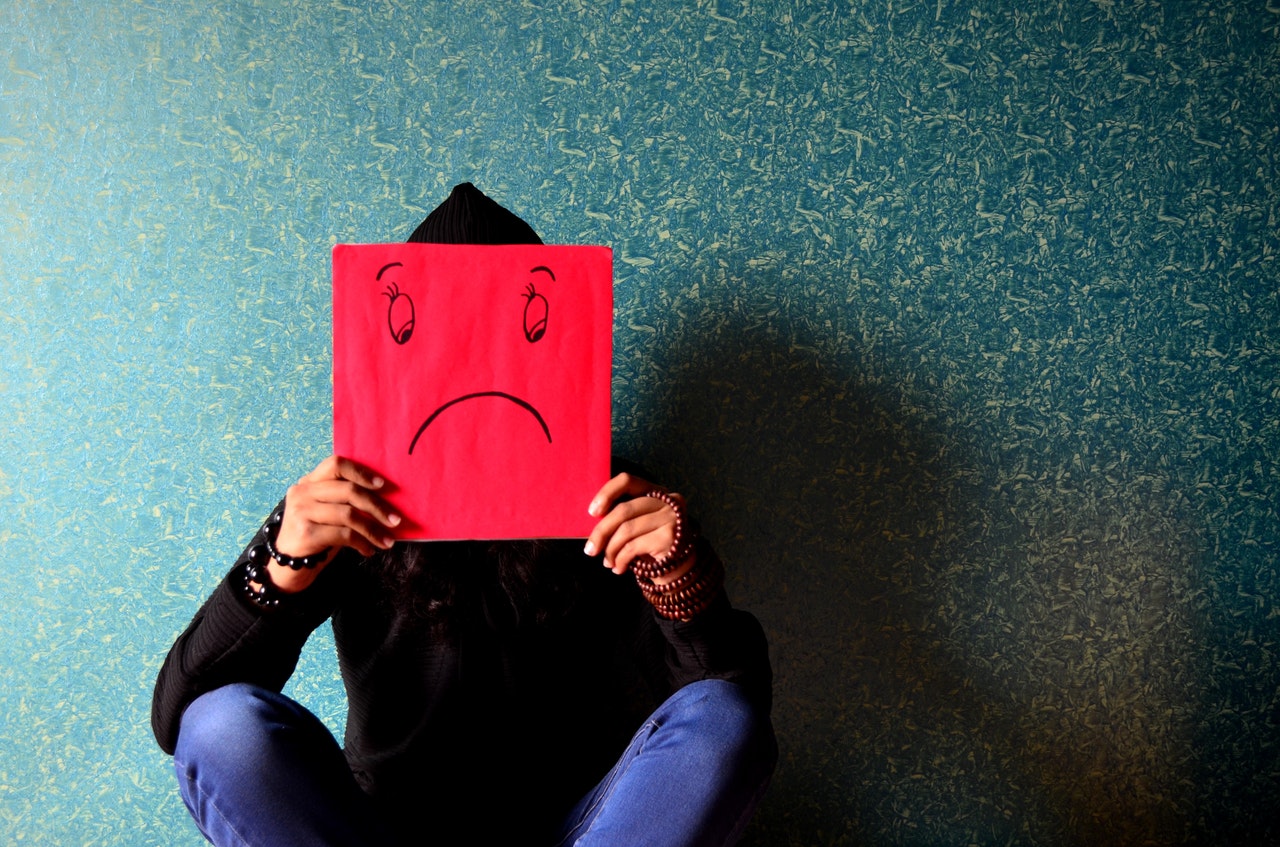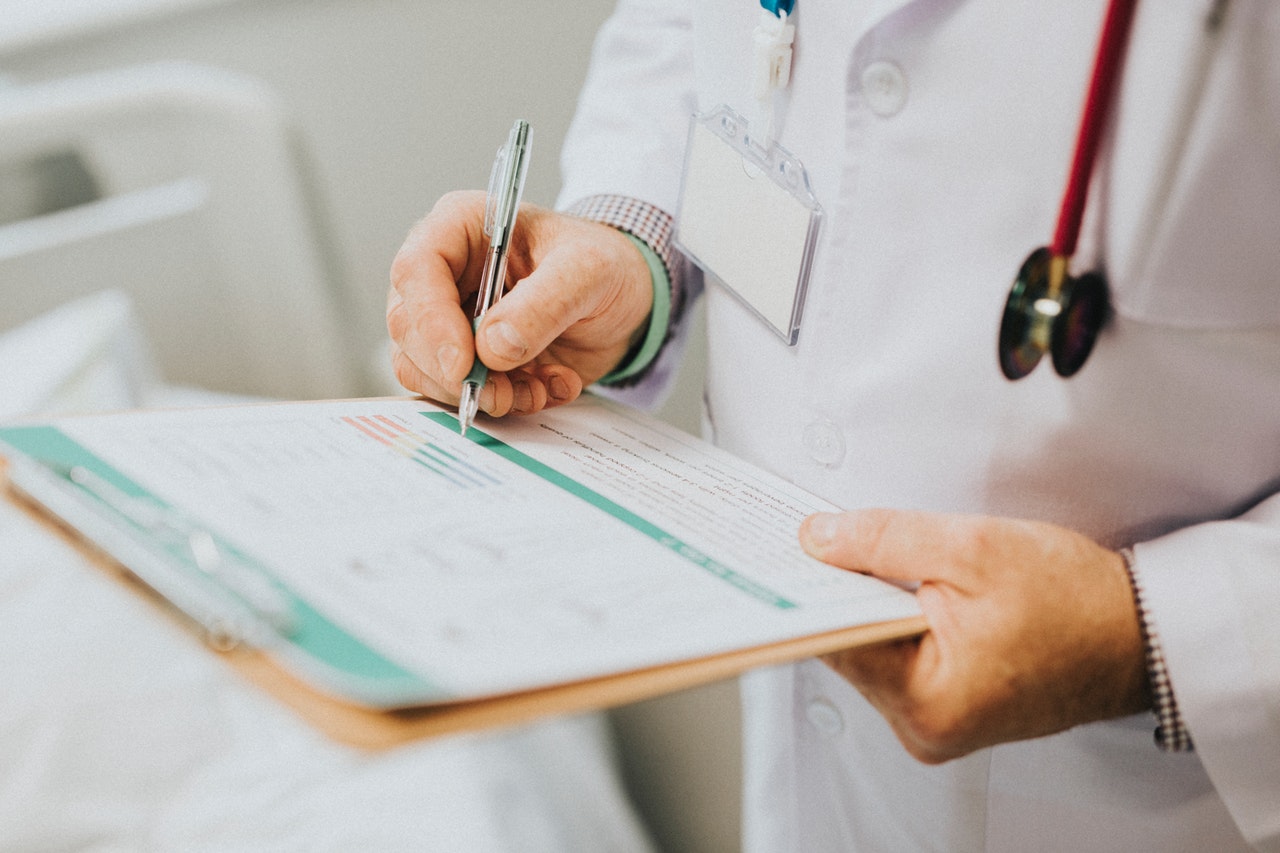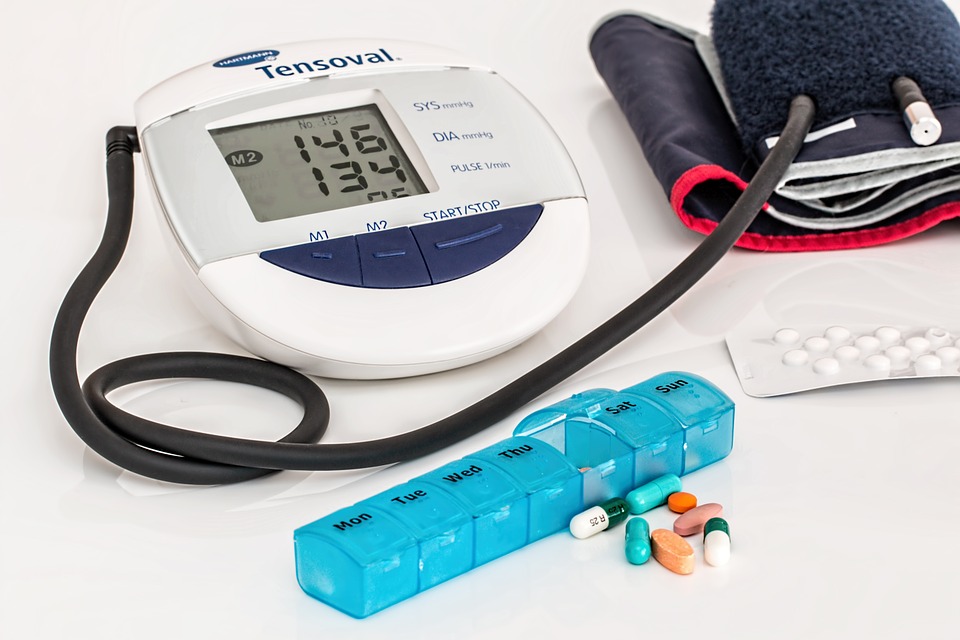Sadness and grief are normal human emotions; we all experience them at some point in our lives, and most of us have opportunities for self-expression that allow us to move through and release them, finding joy in happier times.
Many people confuse these feelings with a mental condition called depression. Depression is classified as a mood disorder that brings about long-lasting symptoms such as sadness, anxiety, low energy, loss of appetite, and a lack of interest in things that once brought pleasure. If left untreated, the symptoms of depression can bring about conditions that can threaten a life. This is why it’s imperative that the condition is recognized and treated, whether that be through one of the treatments we talk about below, or an alternative method like you can find out about here. This will help to bring about a greater sense of peace as well as the ability to move through life happily.
Types of depression
Specific life conditions or events can trigger the onset of depression. Some of the more common types of depression include:
1. Major depressive disorder–an estimated 16 million American adults have reported at least one major period of depression in a given year.
2. Persistent depressive disorder–otherwise known as dysthymia, is characterized by persistent feelings of low energy, lethargy, and sadness that cannot be pinpointed to a single life event.
3. Bipolar disorder–this type of depression is characterized by alternating moods of joy and bliss, followed by intense periods of anger and sadness. It is difficult to manage daily life events when one never how they will feel and what their reactions will be.
4. Seasonal depression–this type of depression is most commonly found in areas of the world where it remains dark for long periods of time. Exposure to the sun triggers a powerful chemical reaction in the body that stimulates the production of vitamin D in the body, which is a vitamin known to stimulate powerful endorphins and other feel-good hormones in the body. When these hormones are not present, it can be difficult to remain in a state of peace and satisfaction.
5. Postpartum depression–found among women who have recently given birth, this type of depression is commonly experienced as women struggle to balance raging hormones, extreme fatigue, and the pressures of life as a mother. There is a biochemical response in women who have given birth to experience a form of “loss”, as they perceive that their connection to their child is not as deeply experienced or felt once they have delivered a child.
Treatment options for depression
Regardless of the type of depression that is experienced, they all need attention and care to help bring a person back from the depths of despair. There are treatment options for depression that are effective and easy to implement, and finding the right method of treatment for you will be essential to getting you back on life’s more joyful path. Consider these options for treatment:
1. Transcranial magnetic stimulation
Transcranial magnetic stimulation is a relatively new therapy used in the treatment of depression. Treatment available through Pulse TMS and similar providers involves the use of magnetic field manipulation to stimulate nerve cells in the brain, thus improving symptoms of depression. As it is still typically thought of as a non-traditional form of therapy, it is often used when other traditional methods have been tried and shown to be ineffective. Many loyal supporters of this type of therapy claim that this has been the single most effective way to improve and even eradicate their symptoms.
2. Therapy
Many times, symptoms of depression can be worked through and treated with the use of a variety of therapies. Interpersonal therapy emphasizes the development of quality supportive relationships that a patient can draw upon in times of need. Cognitive-behavioral therapy focuses on having a person look at a perceived problem through an objective lens in hopes of working through difficult emotions. Yet another form of psychodynamic therapy involves looking at emotional and physical wounds of the past in hopes of finding resolution and healing. Regardless of the type of therapy chosen, studies have shown the effectiveness of different methods of therapy in treating depression.
3. Medication
There are different types of medication that treat depression, depending on your unique needs and preferences. In recent years, the use of anti-depressants when used in combination with a class of drugs called inhibitors has shown to be especially effective when reducing symptoms of depression and elevating mood so that a person can function and “feel” normal. Some are staunchly opposed to the use of drugs as a therapy for depression, but studies have proven time and time again that they are helpful in alleviating some of the more crippling effects of depression. Some people might even want to consider using cannabis to try and ease the symptoms of depression. For example, this larry bird strain has the ability to energize individuals and lift their mood, allowing them to get on with everyday tasks. Depression has the ability to reduce energy from people, so this would help people to have motivation.
4. Meditation
Stress and anxiety are major contributors to the onset of depression, and meditation helps to improve all three of these conditions significantly. The overall goal of meditation is to retrain and rewire the brain to live in the present moment, learning to appreciate “what is”, without focusing on past mistakes or future outcomes. When one has become adept at living with and dealing in the present moment, the type of thinking that contributes to depression is significantly reduced.
There is hope for treatment and alleviation of depression; with a combination of techniques and a solid support group around you, you’ll find relief from crippling symptoms that are keeping you from living life to your fullest. You deserve to experience joy and fulfillment; seek out the help that you need to improve your quality of life!




